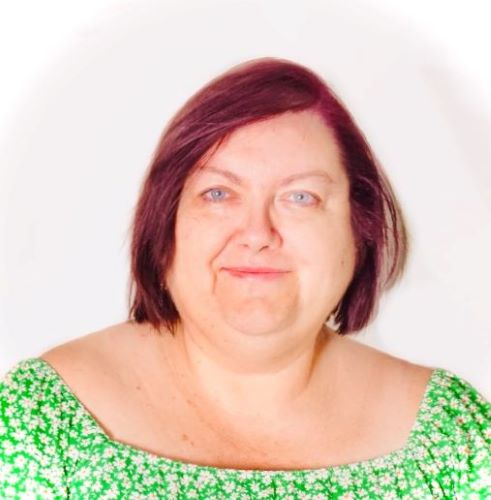Have you ever paused to consider what stories you tell yourself? Do they make you feel better and support you in your day-to-day life, or do they reinforce old beliefs that you are not a 'nice person', or that you are 'useless,' 'worthless' or 'stupid?'
Children make sense of their inner and outer worlds as well as the people who populate them, by the messages they received verbally and non-verbally from others and by filling in the blanks with their own interpretations.
Eric Berne believed that children make up their 'life script' around the age of seven and that we attract people and situations that reinforce what we believe about ourselves even if that means that we are continually disappointed or spend a lot of time feeling bad, shameful, guilty, or frustrated.
Are you a mind reader?
We take these carefully constructed stories into our adult relationships. We may meet a work colleague who we decide is a bit quiet and begin to make up a narrative about that based on our adaptive story about ourselves. We might think we have upset them, or they are not interested in us, or even that they don't want to work with us anymore.
We can become 'mind readers' based on our script to try and make sense of what we are experiencing. One of the questions we learn to ask in therapy is 'how do you know that?' Perhaps if we asked them, they might mention that they had an argument with their partner or boss before we become convinced there is something fundamentally wrong with us or falling headfirst into a vat of anxiety and despair.
As Brene Brown shares: 'The most difficult part of our stories is often what we bring to them - what we make up about who we are and how we are perceived by others. Yes, maybe we lost our job or screwed up a project, but what makes that story so painful is what we tell ourselves about our own self-worth and value.'
How can we find out more about our stories?
Life scripts are created in the past, so think about your favourite childhood stories. Were you a fan of Fungus the Bogeyman, Thomas the Tank Engine, The Little Prince, Cold Comfort Farm. Pippy Longstocking, Baby Goes To Market, Winnie the Pooh, Mog or Miss Tiddlywink? If you were read fairy tales at bedtime, did you prefer Hansel and Gretel or Beauty and the Beast?
If you look at the original stories, they were infinitely more complex as many of our fairy tales have been 'sanitised' over time. These stories hold hidden meanings that can help us access the blueprints that unconsciously guide us. Liz Greene suggests 'there is a wisdom in myths and fairy tales which speaks to something in us other than the intellect.'
Stories also capture cultural messages in a particular space in time. The 'merry stories' in Der Struwwelpeter were written by a German psychiatrist in the 1800s but have endured in popularity and show what can happen to children if they misbehave. Peter and Jane reflected the dominant cultural values in Britain and were popular in the 60s and 70s before they were discontinued as theories about teaching children were developed. Changes in the political landscape and technological advances began to impact visual storytelling as well.
Modern myths
The first of the original Star Wars films burst onto the big screen in the late 70s with themes including good vs evil, loneliness, belonging, rebellion, hope, power and redemption which were considered to be shared universally across cultures.
Buffy the Vampire Slayer was watched avidly by teenagers navigating relationships with authority figures, vampires with voracious appetites for sex and violence, anxieties about finding a place in the world, as well managing the 'normal' tumultuous trials and tribulations of adolescence.
Since 9/11 superhero stories have increasingly dominated film and TV schedules exploring issues such as: justice, protection, fear of 'outsiders', and hope for a brighter future.
Joseph Campbell wrote: 'myths are productions of the human imagination, their images, consequently are, like dreams, revelations of the deepest hopes, desires and fears, potentialities and conflicts, of the human will.'
What is my story, and does it serve me now?
We've had two years of uncertainty and upheaval and the way we structure time in our everyday lives has changed. Social media continues to feature stories of people searching for TV programmes to help fill in the time. You may have revisited or discovered new box sets, films, or books during the pandemic.
What were the themes in the story? How did it leave you feeling? Who were the characters you loved or disliked?
Perhaps it's time to ask yourself:
- What is my story?
- How does it relate to my life now?

